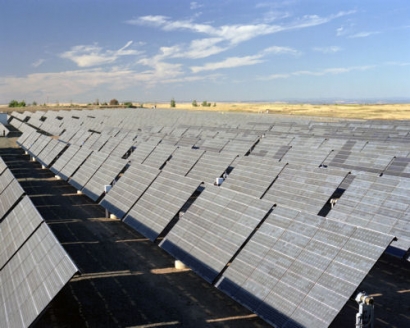
Zambia has recently been facing an electricity supply deficit caused by severe droughts. Due to the serious threat, the Government of the Republic of Zambia launched the REFiT policy in 2017 to crowd-in private investments for small-scale renewable projects up to 20MW.
The Framework aims to finance 100 MW of renewable energy projects under the Renewable Energy Feed-in-Tariff policy of Zambia. The primarily solar projects will help diversify Zambia’s energy production.
A report from Africa.EU.Renewables.org shows Zambia has an average 2,000-3,000 hours of sunshine per year. Average irradiation is 5.5 kWh/m2/day, with northern areas recording the highest global solar irradiation, of 2,300 kWh/m2/year, making it an ideal location for solar energy expansion.
This is the first program that will be co-financed by the GCF and the African Development Bank following the signing of the Accreditation Master Agreement on November 8, 2017, between the two institutions, making the Bank a credited implementer of GCF-approved projects.
“This is a significant first fruit of our joint commitment for development and growth in Africa that aligns with the Paris Agreement. We look forward to partnering further with the Green Climate Fund to help increase Africa’s share of climate finance” said Akinwumi Adesina, President of the African Development Bank.
The African Development Bank has placed climate change mitigation and adaptation, as well as powering Africa at the top of its agenda. The Bank’s second Climate Action Plan commits to 40% of Bank approvals to classified as climate finance annually by 2020 and its New Deal in Energy for Africa, which aims to provide universal access to energy by 2025.

